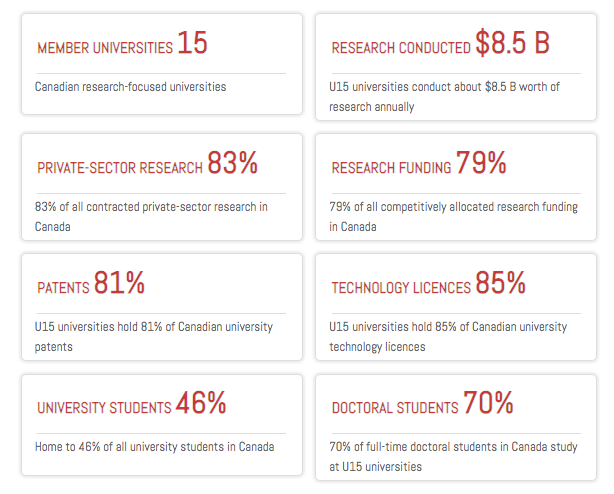
Another Milestone!!
As part of the requirement to be recognized by the ICCRC (Immigration Consultation of Canada Regulatory Council), in 2020 I went back to school for an Immigration program that covered:
- Canadian Immigration Law & Refugee Law
- Administrative Law & Tribunals


As part of the requirement to be recognized by the ICCRC (Immigration Consultation of Canada Regulatory Council), in 2020 I went back to school for an Immigration program that covered:
- Canadian Immigration Law & Refugee Law
- Administrative Law & Tribunals



- Legal Research & Writing
- Immigration Law Procedures
- All Immigration Pathways (over 80 of them)
- Immigration Tribunal Processes & Division (RPD, IAD, IRB) etc.
Upon completion with a distinction, I sat for the Immigration Llicense exam earlier this year which I also passed
- Immigration Law Procedures
- All Immigration Pathways (over 80 of them)
- Immigration Tribunal Processes & Division (RPD, IAD, IRB) etc.
Upon completion with a distinction, I sat for the Immigration Llicense exam earlier this year which I also passed
I am glad it was all worth it as I can now personally and formally represent anyone looking to move to Canada or stay in Canada.
Feels good to be moving from just sharing immigration tips to being a member of the ICCRC body.
Feels good to be moving from just sharing immigration tips to being a member of the ICCRC body.
This particularly is a win for @HumanSquadCA as it gives us that edge and positions us as a more compliant startup in the Immi-Tech space in Canada.
Thankful to all the RCICs who have been with us all this while since the beginning. You acted as a bridge. This is for you!
Thankful to all the RCICs who have been with us all this while since the beginning. You acted as a bridge. This is for you!
Oh, by the way, you can now add RCIC to the name.
- Tunde Omotoye, CHRP, RCIC 😀
- Tunde Omotoye, CHRP, RCIC 😀
• • •
Missing some Tweet in this thread? You can try to
force a refresh






